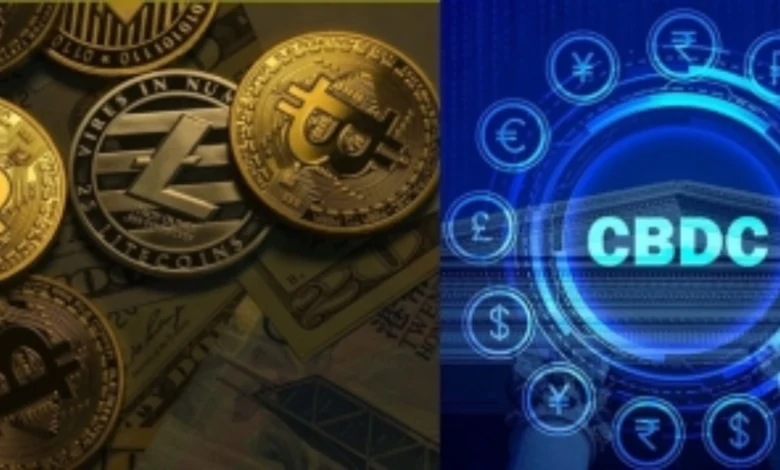Bank of Korea to Test Digital Tokens for Online and Offline Mall Payments

The Bank of Korea (BOK), South Korea’s central bank, announced on Monday that it will conduct a test using digital tokens that are converted from regular bank deposits. This test aims to explore how a central bank digital currency (CBDC) could work for payments in both online and offline shopping malls.
The upcoming test is part of the BOK’s broader plan to evaluate the practical use of a wholesale CBDC, which could play a key role in the future of South Korea’s financial system. Wholesale CBDCs are typically designed for transactions between banks and financial institutions, but the BOK is also looking into how these digital tokens could be used in real-life retail situations.
In the test, digital tokens representing money from regular bank deposits will be used to make payments in online stores and physical shops. This is meant to simulate how people might use digital currency in the future, allowing the central bank to better understand the challenges and benefits of a CBDC in everyday transactions.
The Bank of Korea has been researching digital currencies for several years as part of a global trend where many central banks are exploring or piloting CBDCs. The test will help the BOK gather important data on how digital currencies interact with the existing banking and payments systems, as well as their potential impact on financial stability.
If successful, the experiment could bring South Korea closer to adopting a central bank digital currency, which might make payments faster, more secure, and easier for consumers and businesses alike. The BOK is expected to continue its digital currency research and testing to address technical and regulatory challenges before making any final decisions on the official rollout of a CBDC.
